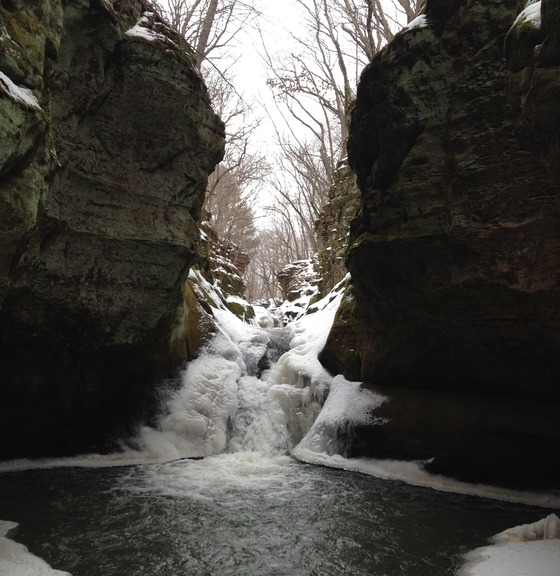First-Ever Invasive Carp State Case: DNR Investigation Shows Illegal Sales In Madison
Highly Destructive Bighead, Silver And Grass Carp Destroy Native Fish Habitats
MADISON, Wis. — A wholesale fish dealer from Platteville is facing state charges for allegedly illegally selling Asian carp, Wisconsin’s most prominent and highly destructive invasive species.
The charges against the operator of Li Fish Farm, LLC, a Grant County-based fish company, is the first case involving illegal sales of Asian carp. A complaint from a member of the public sparked an investigation by the Wisconsin Department of Natural Resources.
These types of Asian carp, bighead, silver and grass, are different from the carp commonly known as German carp, which have lived in Wisconsin since the mid-1850s.
The Conservation Warden investigation focused primarily on activities during 2018 and 2019. However, the alleged illegal fish activities were ongoing for several years before.
“These types of carp are highly invasive species that out-compete Wisconsin native fish species and can destroy their habitats,” said Lt. Robert Stroess, DNR warden administrator for Commercial Fishing, Wholesale Fish Dealing and Charter Fishing Enforcement. “The species is top on the Least Wanted Aquatic Invasive Species List from the Great Lakes – St. Lawrence Governors and Premiers.”
Specifically, the list cites these threats for each type of carp:
-
- The bighead carp as a feeder of plankton, which is a primary food for many native fish including walleye, yellow perch, lake whitefish and all juvenile fish. This specific carp is known as a major threat to the Great Lakes $7 billion fishing industry.
- The silver carp as another feeder on fish habitats attacked by the bighead. This species also is known to leap out of the water, which is a threat to boaters and the region’s $16 billion boating industry.
- The grass carp eats aquatic habitats and is known to help cause algae blooms and damage to wetlands and waterfowl habitats.
In Wisconsin, the invasive carp species must be either eviscerated (gutted) or have the entire gill covering severed. This requirement exists because these carp species have been known to survive out of water for up to a day or longer. Gutting them or severing the gill plate ensures the fish cannot be revived or survive if released into waters.
“This illustrates why the law requiring this carp species be eviscerated or have their gill covering severed is an important protection of our native Wisconsin fish,” Stroess said.
Other violations include operating a wholesale fish dealer vehicle without having it marked in any way to indicate it contained fish and failing to create or maintain required records. Records are essential for being able to trace fish back to the commercial fisher who caught the fish or to the business who sold the fish, especially for species that are highly regulated.
To learn more about the Great Lakes – St. Lawrence Governors and Premiers Least Wanted Aquatic Invasive Species List, visit the webpage here.
NOTE: This press release was submitted to Urban Milwaukee and was not written by an Urban Milwaukee writer. While it is believed to be reliable, Urban Milwaukee does not guarantee its accuracy or completeness.























